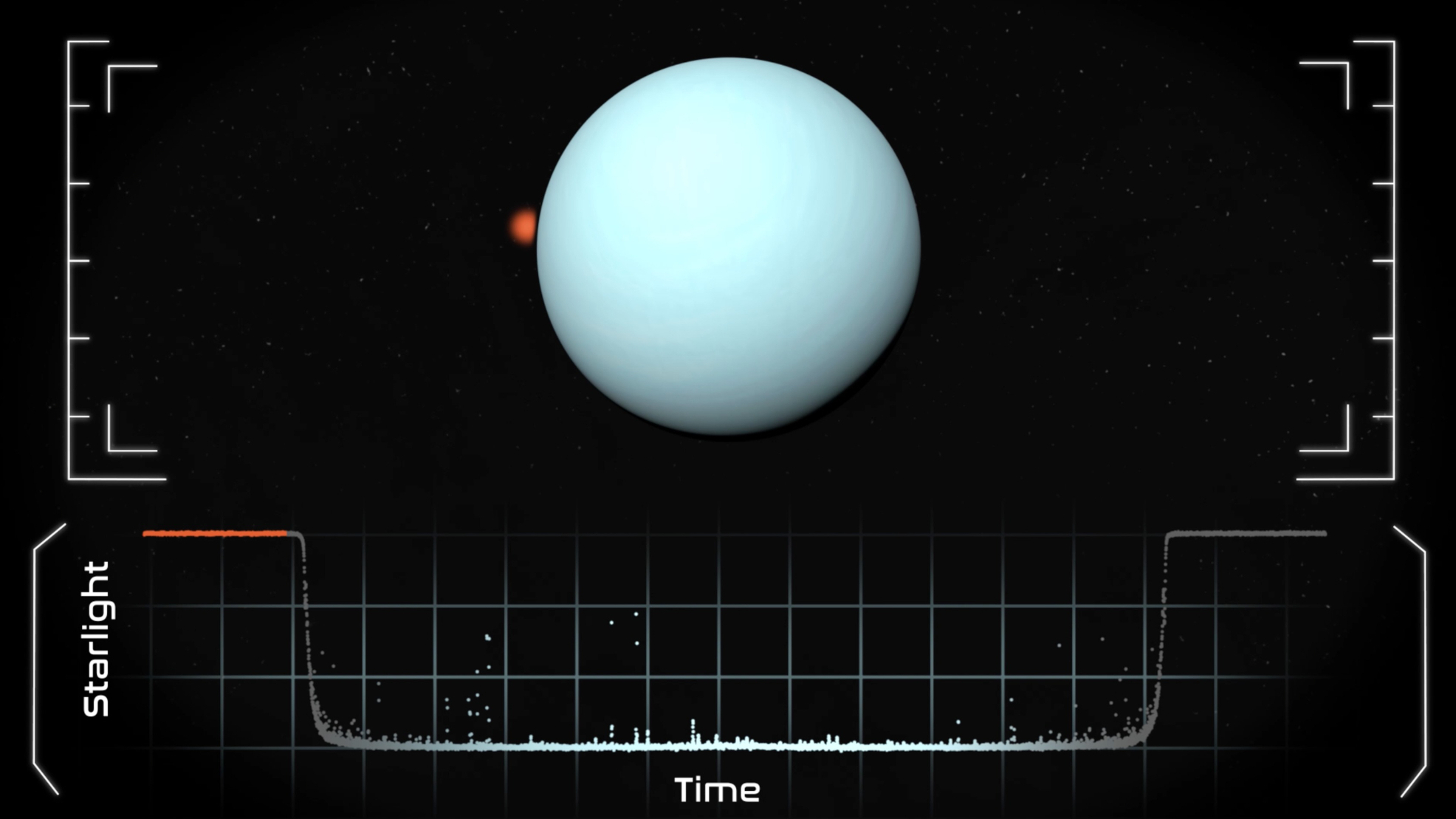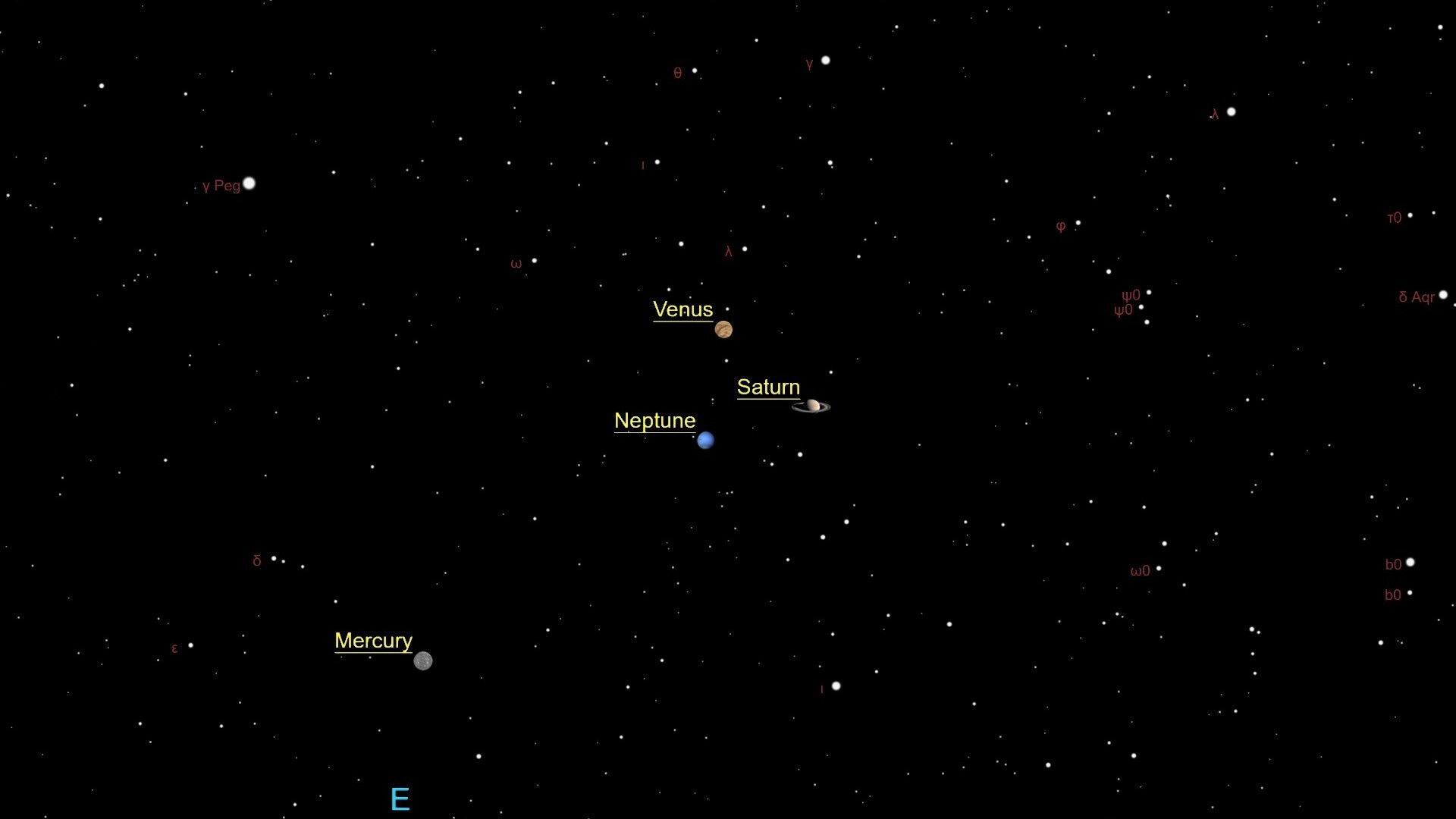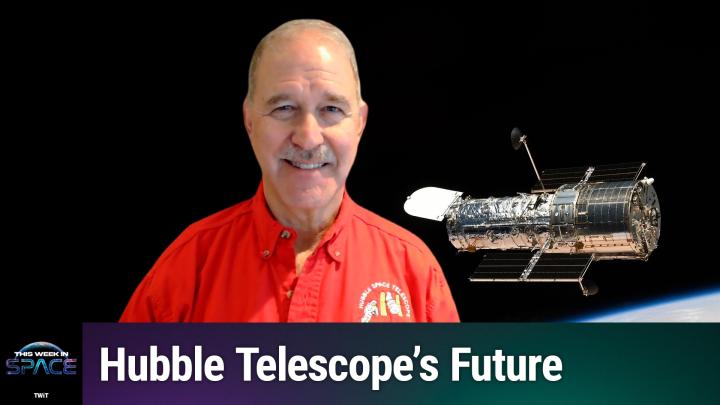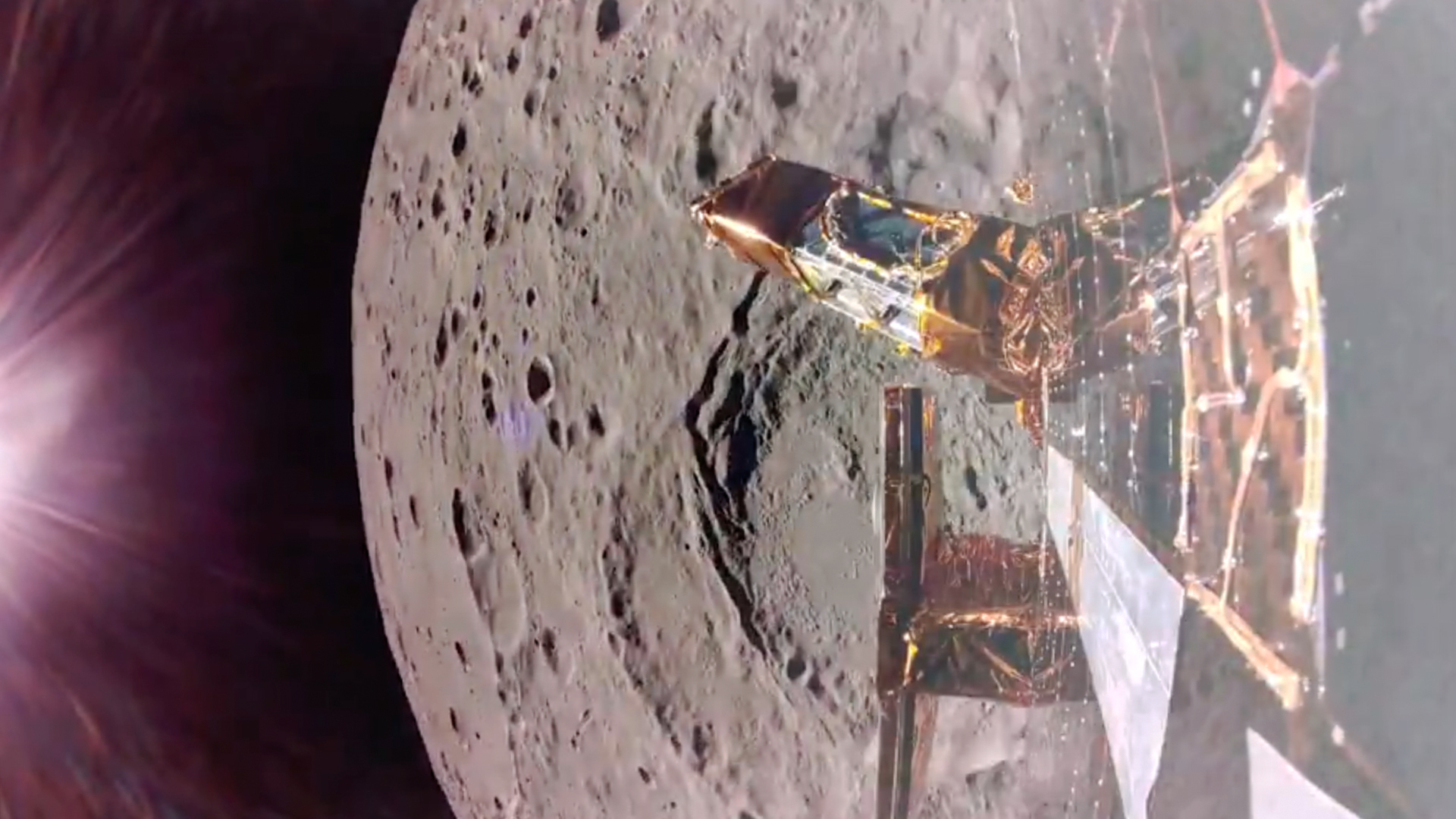Culture in the Cosmos
As SETI'sscientists plan for their first contact with other worlds, who better toconsult with than anthropologists, who specialize in encounters with exoticcultures? And thus, over the past several years the SETI Institute hasrepeatedly brought together anthropologists and scholars from otherdisciplines, in an attempt to bridge the gap between humans andextraterrestrials.
The task ofthese savants, who met most recently in San Jose, California, is twofold: totry to uncover any universals of culture, and then apply these insights toconstructing messages that might be intelligible to independently evolvedcivilizations. "Although it is impossible to predict the nature ofextraterrestrial intelligence," admitted NASA's Chief Historian, Steven Dick,"the one certainty is that, if it exists, it will have undergone culturalevolution."
For SETIresearchers, the dizzying variety of societies that might evolve on otherworlds becomes manageable for one simple reason: if extraterrestrials can builda radio transmitter or high powered laser beacon, we and they already havesomething vital in common. Indeed, there may be dolphin-like forms ofintelligence in the oceans of other planets, but unless they can erecttransmitters to send signals across interstellar space, we may never know oftheir existence. And to build the technology that makes such contact possible,it has often been argued, extraterrestrials would certainly need to know someof the same mathematics that we do. Extraterrestrials might not understandEnglish or Chinese or Swahili, but they'd certainly be familiar with algebraand geometry.
Or wouldthey?
Severalparticipants of the San Jose meeting advised care in assuming that human waysof understanding the universe will necessarily be mirrored on other planets. "Reliance on mathematics as a major means of communication withextraterrestrial intelligence may be misplaced," cautioned historian ShirleyWoolf. In contrast to the view that mathematics is a direct reflection of thestructure of the universe, which would necessarily be known by scientists onother worlds, Woolf emphasized a view espoused by some prominent cognitivescientists, that "mathematics is an artifact derived from the specificstructure of human embodiment."
What toCount On
Thesimplest example might be the link between the way humans count and the numberof digits we use for counting: it may not be a coincidence that humans have tenfingers and that we're also are very comfortable using a base 10 number system,where there are ten different digits that can be added, subtracted, andotherwise manipulated. For extraterrestrials with arms or tentacles ending in adifferent number of digits, other number systems may seem equally natural.
Get the Space.com Newsletter
Breaking space news, the latest updates on rocket launches, skywatching events and more!
If only thenumbering system varied from civilization to civilization, mathematics mightstill serve as a cosmic Rosetta Stone. After all, we humans are quite capableof converting the numbers of everyday life into binary formats or an endlessarray of variations, and base 10 number systems are by no means universal evenon Earth.
But what ifthe differences run even deeper, and our mathematics reflects not just thevicissitudes of the hands we use to grasp objects, but more fundamentalfeatures about our way of relating to the world, such as the senses that allowus to gather information about our environments?
Ascreatures who rely heavily on our senses of vision and hearing, we are able tolocate objects precisely in three-dimensional space. Moreover, our senses letus clearly demarcate objects in time: events happen in the present, the past,or the future. Either something is already taking place (the present), it'salready over and done with (the past), or it has not yet happened (the future).
But what ifwe relied on sensing the world primarily through our sense of smell, withobjects leaving traces of their presence in lingering scents even long afterthey are gone? Might our sense of past, present, and future blur somewhat, withone moment gently merging into another?
What if weno longer sensed the presence of an object in stark categories of "here" or"not here," but in terms of "probably here" or "probably gone"? Might ourmathematics reflect our everyday encounters with the world, so we no longerbluntly stated "1 + 1 = 2," but felt a more intuitively reasonable mathematicsmight be founded on the observation that "roughly 1 + roughly 1 = roughly 2"?Might the notions of precision and fuzziness vary from civilization tocivilization, making it a bit harder to understand creatures who experience theworld differently than we do?
UnderstandingOurselves
"The Searchfor Extraterrestrial Intelligence is, on one hand, a straightforwardexperimental endeavor -- astronomers searching our galaxy for signals ofartificial origin," said anthropologist Kathryn Denning. "However, in creatingthe possibility of contact with alien beings, SETI has also created a space forabundant speculation about the nature of societies on other worlds."
And indeed,the hope of SETI is that some day we will have incontestable evidence thatextraterrestrial civilizations exist. But in the meantime, let's remember theimpact that the search can have on our world, right now, whether or not we everdetect a signal from another star. "A real encounter between human beings andalien intelligence would have substantial global impact," Denning reminds us."However, even considering such possibilities in strictly hypothetical termsmay affect the way we see ourselves and our future on Earth."
Join our Space Forums to keep talking space on the latest missions, night sky and more! And if you have a news tip, correction or comment, let us know at: community@space.com.









